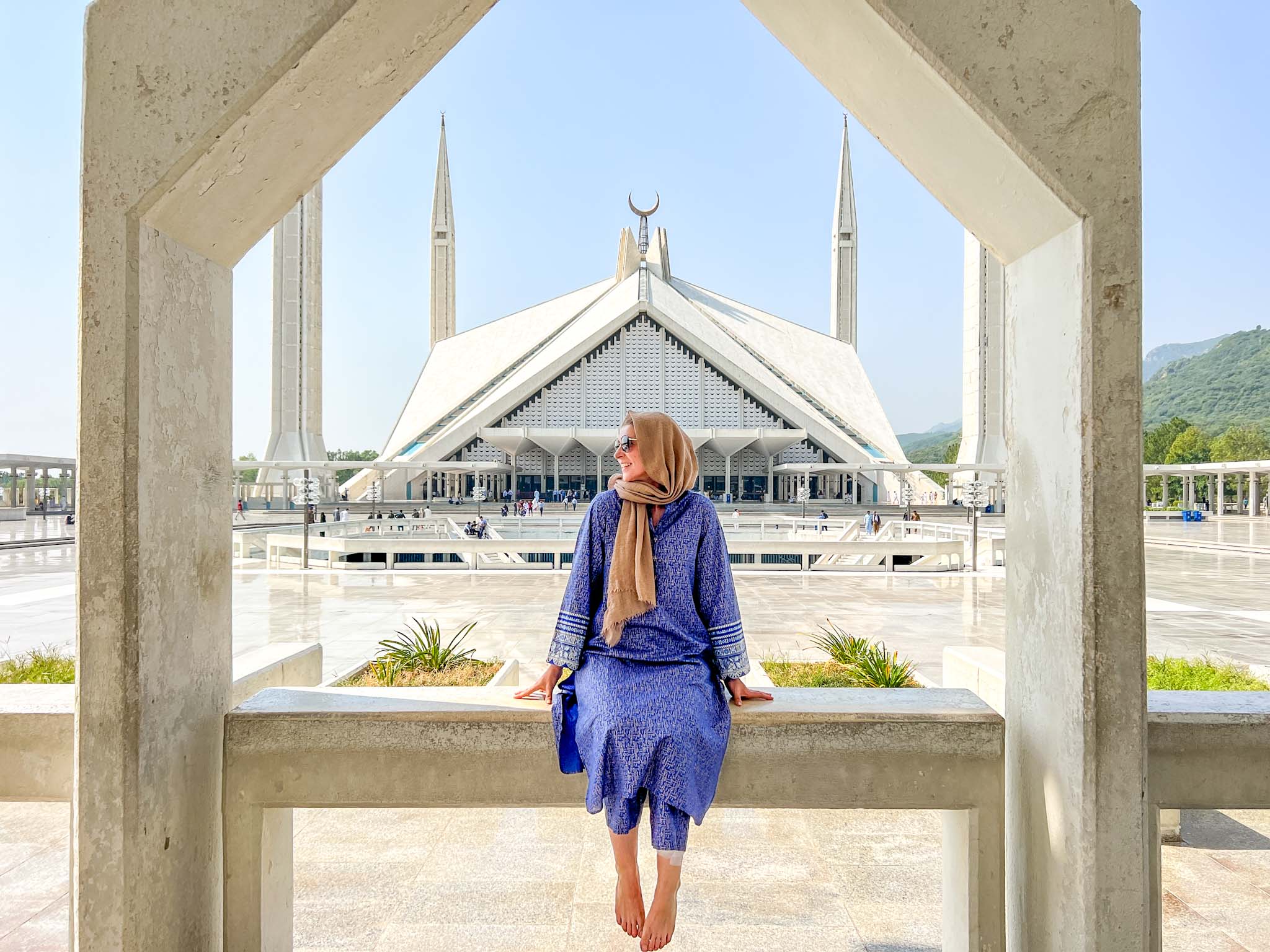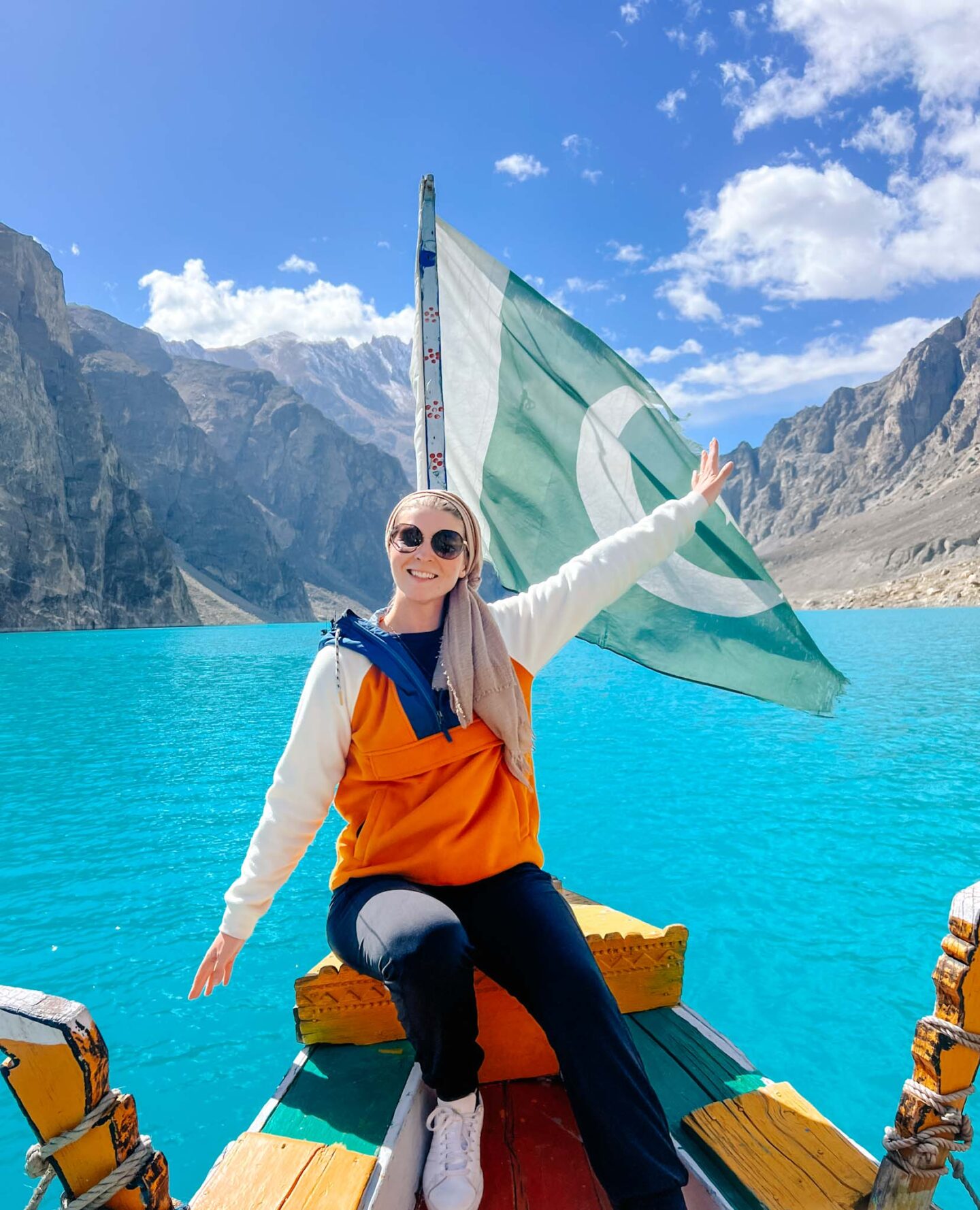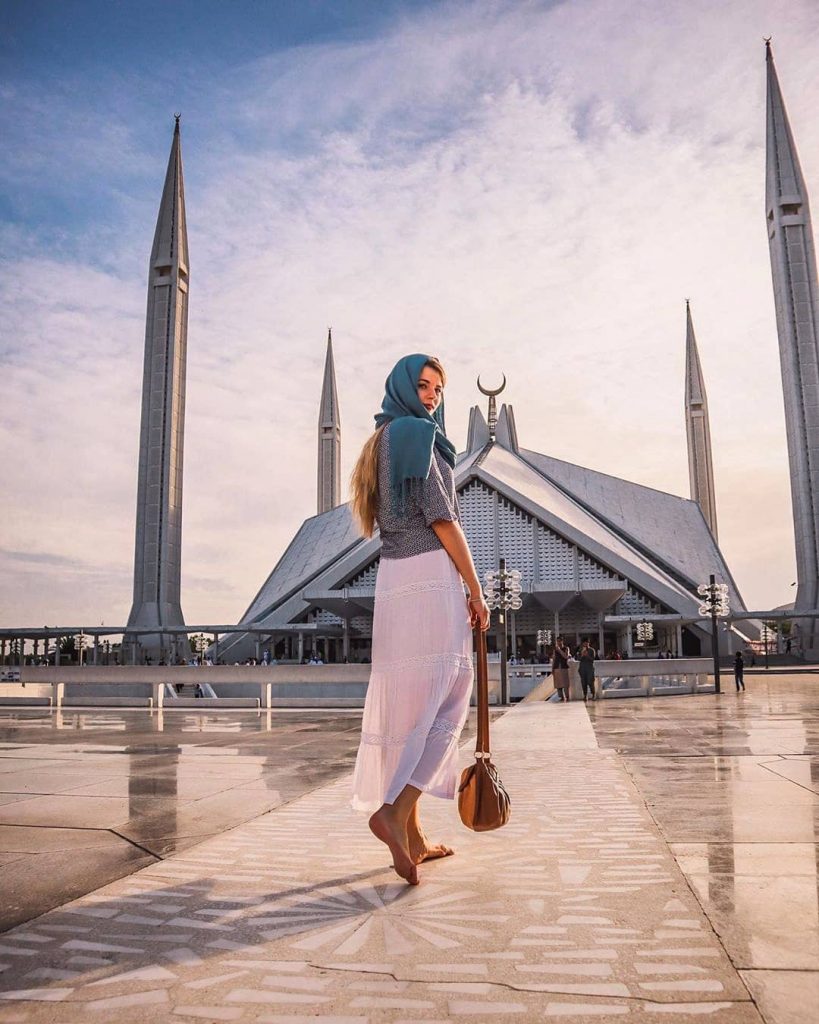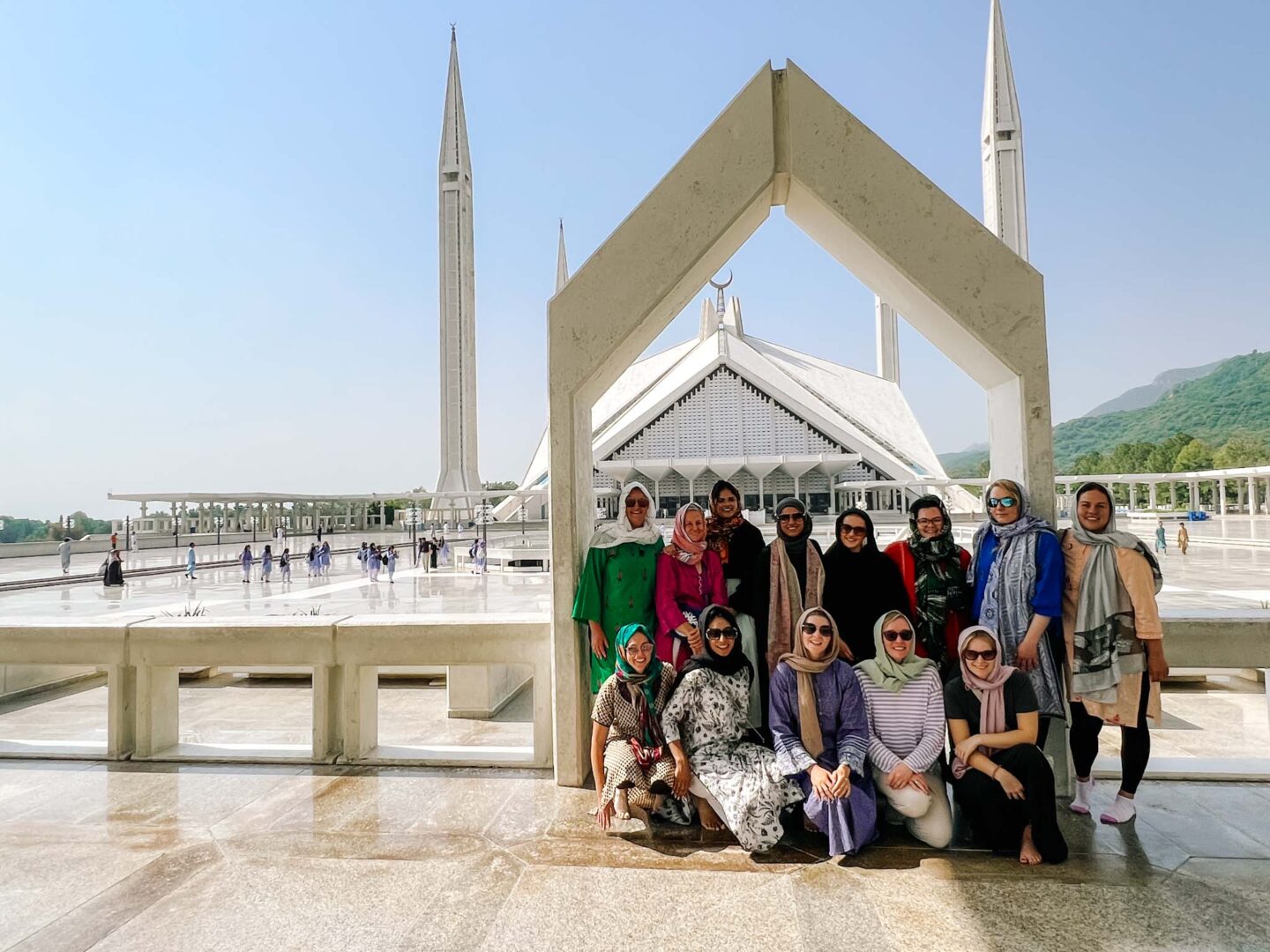As a beautiful tapestry of diverse cultures, stunning landscapes, and rich histories, Pakistan offers a unique travel experience. One of the common concerns for female travelers is how to dress appropriately while exploring this vibrant nation. In this guide, we’ll delve into what female tourists typically wear in Pakistan, cultural considerations, important tips, and personal experiences that can help you plan your wardrobe for your trip.
Understanding Pakistan’s Cultural Landscape
Before we explore specific attire, it’s vital to understand the cultural context of clothing in Pakistan. The country is predominantly conservative, and this aspect is reflected in its traditional clothing. Different regions may have varying customs, but modesty is generally preferred.
Traditional Pakistani Attire
Pakistani women’s clothing varies widely, influenced by regional customs, but below are some standard garments:

- Shalwar Kameez: This is the national dress of Pakistan and a staple in every Pakistani woman’s wardrobe. It consists of a long tunic (kameez) paired with loose-fitting trousers (shalwar).
- Dupatta: Often worn over the shalwar kameez, this scarf adds a layer of modesty and can be styled in various ways.
- Kurta: A longer shirt that can be paired with jeans or leggings, perfect for a more modern look while retaining cultural respect.
- Abaya: Some women may choose to wear an abaya, especially in more conservative areas.
Modern Influences in Attire

While traditional clothing is preferred, there is a noticeable blend of modern fashion in urban areas. Many young women wear western-style clothing like:
- Jeans and T-shirts
- Summer dresses (with a cardigan or shawl)
- Casual blouses with palazzo pants

This blend allows female tourists to dress comfortably while respecting local customs.
What to Wear During Different Seasons

Pakistan experiences four distinct seasons: winter, summer, monsoon, and spring. Each season calls for different clothing considerations.
Summer Attire

Summer in Pakistan can be exceedingly hot, especially in the plains and southern regions. Lightweight, airy fabrics are crucial. Here are some options:
- Linen or Cotton Shalwar Kameez: These materials are breathable and comfortable.
- Loose maxi dresses: Ideal for keeping cool while maintaining modesty.
- Lightweight Dupattas: These can help with sun protection and add style.

Style Tip:
Opt for light colors to stay cool and minimize sun exposure.
Winter Attire

Winters can be chilly, especially in northern Pakistan. Here’s how to dress:
- Layering: Wear a shalwar kameez with a long cardigan or shawl.
- Warm Scarves: Thick dupattas or pashmina shawls can provide extra warmth.
- Jackets: Lightweight jackets or wraps can be practical for evening outings.
Style Tip:
Choose darker colors for warmth and style.
Destination Highlights: Dressing for Specific Regions
Pakistan is vast and diverse, which influences local dress codes. Here are attire recommendations based on popular travel destinations:
Lahore
The cultural capital, Lahore, blends tradition and modernity. In Lahore, you can wear:
- Traditional shalwar kameez in bright colors
- Comfortable shoes for walking through markets
- Light dupatta for coverage in religious sites
Islamabad
The capital city is more cosmopolitan. Recommended attire includes:
- Modern casual attire like jeans and long tops
- Fashionable shalwar kameez for cultural events
- Comfortable sandals for exploring parks
Karachi
As Pakistan’s largest city, Karachi has a vibrant fashion scene. Dress in:
- Fashion-forward outfits, including trendy dresses
- Comfortable beachwear for visits to the coastline
- Sun hats and sunglasses for protection
Skardu and Northern Areas
For adventure seekers visiting Skardu, wearing layers is key due to rapidly changing weather. Consider:
- Thermal undergarments for cold nights
- Waterproof jackets for unforeseen rain
- Sturdy hiking boots for trekking
Pros and Cons of Dressing in Pakistan
Pros:
- Respect for local culture enhances the travel experience.
- Wearing local attire promotes comfort and modesty.
- Variety in clothing allows for personal expression while adhering to norms.
Cons:
- Some may find it challenging to adapt to the modesty norms.
- Shopping for appropriate attire can be time-consuming.
- Heat can be uncomfortable if not dressed appropriately.
Travel Tips for Female Tourists in Pakistan
To ensure a smooth travel experience regarding attire, here are some tips:
- Research Local Customs: Familiarize yourself with the cultural norms of the regions you’re visiting.
- Packing Essentials: Bring versatile pieces that can mix and match, such as tunics and loose trousers.
- Comfort is Key: Choose comfortable shoes for exploring and walking.
- Respect Religious Sites: Always carry a scarf to cover your head at mosques or religious places.
- Engage with Locals: Inquire about dress codes when visiting rural areas or conservative regions.
Comparison Table: Top Clothing Brands for Female Travelers
| Brand | Material | Style | Rating | Price Range |
|---|---|---|---|---|
| Khaadi | Cotton, Linen | Traditional and Modern | 4.5/5 | $30 – $100 |
| Gul Ahmed | Cotton | Classic | 4.7/5 | $25 – $80 |
| Alkaram Studio | Cotton, Silk | Trendy | 4.6/5 | $35 – $90 |
| Ethnic by Outfitters | Various Fabrics | Contemporary | 4.4/5 | $25 – $100 |
Where to Shop for Clothing
- Markets: Lahore’s Liberty Market and Karachi’s Zainab Market are great for affordable clothing.
- Brand Outlets: Visit outlets of popular brands like Khaadi and Alkaram for quality products.
- Online Shopping: Consider websites like Khaadi or Gul Ahmed for convenience.
Frequently Asked Questions (FAQs)
1. Can female tourists wear western clothes in Pakistan?
Yes, but it’s advised to dress modestly. Avoid tight-fitting or revealing clothing, especially in rural areas.
2. Is it necessary to wear a dupatta?
A dupatta is not mandatory but carries cultural significance. It’s good practice to keep one handy for visits to religious sites.
3. What fabrics are best for the Pakistani climate?
Cotton and linen are ideal for summer due to their breathability, while warmer fabrics like wool and thermal materials are suitable for winter.
4. Are there any dress codes for visiting mosques in Pakistan?
Yes, women should dress conservatively, covering arms and legs, and a scarf to cover the head is appreciated.
5. What are some tips for packing for Pakistan?
Pack versatile clothing, comfortable shoes, and always include a light scarf or shawl for coverage in religious areas.
Conclusion
In summary, dressing for your trip to Pakistan as a female tourist involves understanding local customs, selecting appropriate clothing for various climates, and maintaining a balance between comfort and modesty. By choosing the right attire, you can enjoy your travels while respecting the rich cultural heritage of this beautiful country. Happy travels!